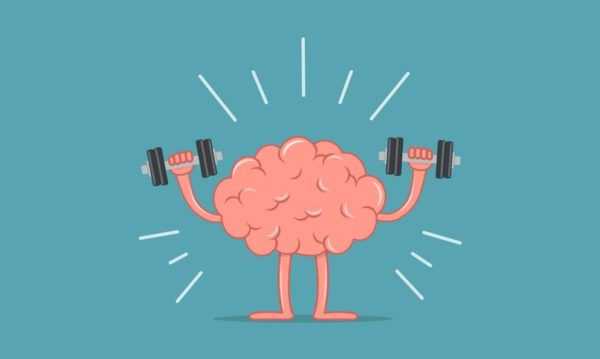Nutritional Strategies for Enhancing Immune Health
Discover how the right diet can bolster your immune system.
Step 1: Focus on Vitamin C-Rich Foods
Vitamin C is crucial for the growth and repair of tissues in your body, and it helps improve the function of
the immune system. Include foods like oranges, strawberries, bell peppers, and broccoli in your diet.
Pro Tip: Raw fruits and vegetables retain the most vitamin C. Consider incorporating fresh juices and salads
into your diet.
Step 2: Add More Zinc to Your Diet
Zinc is essential for immune cell function and cell signaling. A lack of zinc can lead to a weakened immune
response. Sources include meat, shellfish, legumes, seeds, and nuts.
Pro Tip: Zinc supplements can be effective, but getting zinc from food sources is generally preferred for
better absorption.
Step 3: Include Probiotics in Your Diet
Probiotics are beneficial bacteria that promote gut health, which is closely linked to immune function.
Incorporate probiotic-rich foods like yogurt, kefir, sauerkraut, and kimchi.
Pro Tip: Look for products labeled "live and active cultures" to ensure they contain effective levels of
probiotics.
Step 4: Get Adequate Vitamin D
Vitamin D plays a pivotal role in immune function and can reduce the risk of viral infections. Sources
include sunlight, fortified foods, and supplements.
Pro Tip: Regular sun exposure is the most natural way to get enough vitamin D, but in cooler climates,
supplements may be necessary.
props.adsense_in_article_ads
Step 5: Eat More Healthy Fats
Healthy fats, like those found in olive oil, salmon, and avocados, can boost your body’s immune response to
pathogens by decreasing inflammation.
Pro Tip: Replace saturated fats with healthy fats where possible to support immune health.
Step 6: Stay Hydrated
Hydration doesn’t necessarily protect you from germs and viruses, but preventing dehydration is important to
your overall health. Dehydration can hinder your physical performance, focus, mood, digestion, and heart and
kidney function. These complications can increase your susceptibility to illness.
Pro Tip: Keep a water bottle nearby and sip throughout the day. Aim for 1.5-2 liters of fluid per day, more
if you’re active.
Step 7: Limit Added Sugars
Emerging research suggests that refined sugars and carbs can contribute significantly to obesity, which, in
turn, can reduce the body’s immune response. Reducing your sugar intake can help decrease inflammation and
aid in weight loss, thus improving immune function.
Pro Tip: Read food labels carefully to avoid sugar-laden products and opt for natural sources for
sweetening, like fruit.












